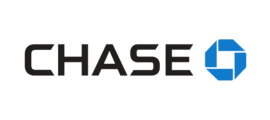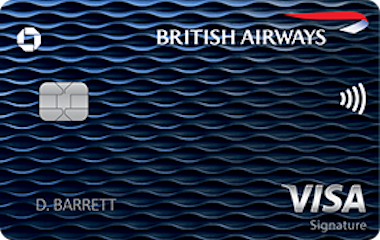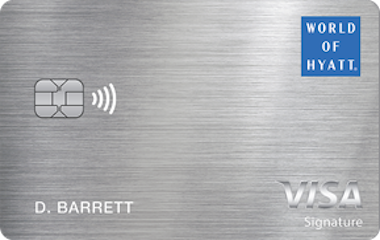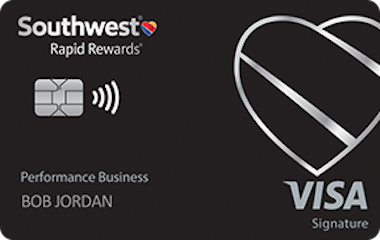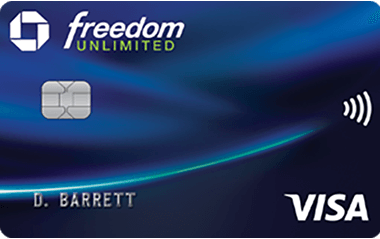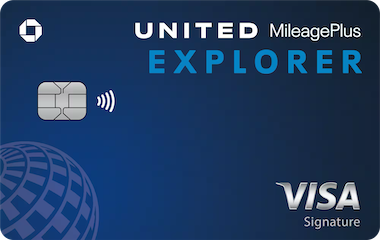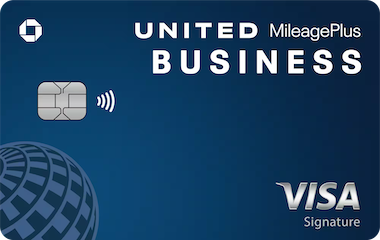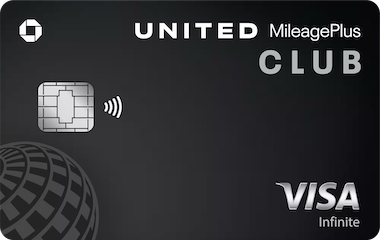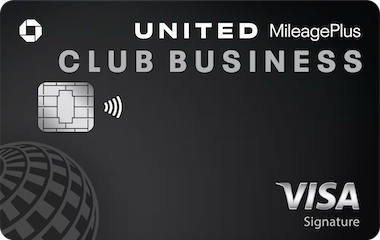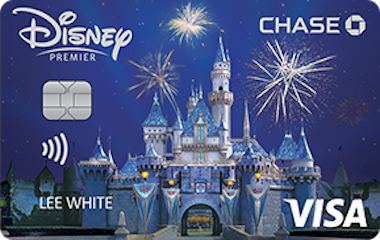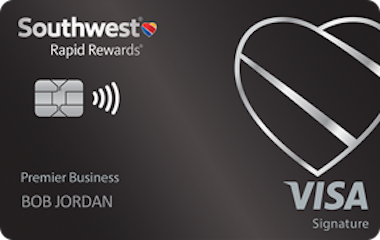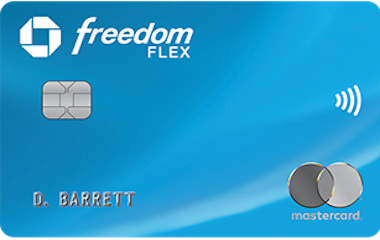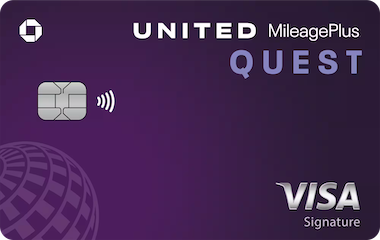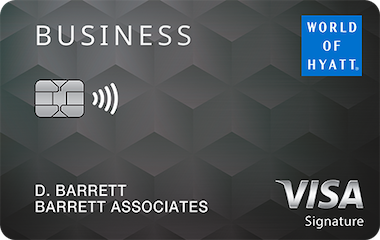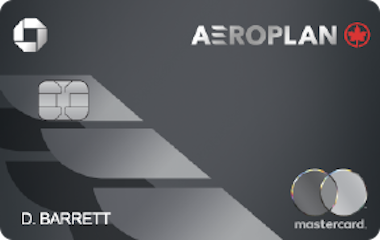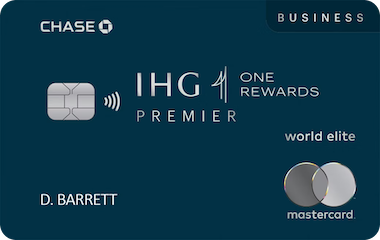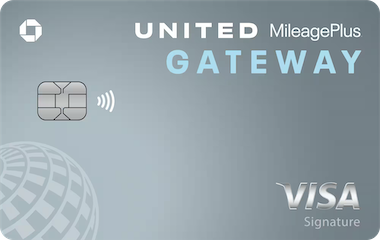Approval Rules 24 from Bonus
If you've received a bonus from this card within the last 24 month, you are not eligible for another bonus.
Deep Dive into the 24 from Bonus Rule
This rule is becoming more of a norm on cards if no other 24 month rule is in play, especially with Chase. This is one of the rules that can be complicated, so we have created separate 1/24 rules for certain cards as they have further restrictions than having to wait 24 months to receive another signup bonus on that card. Sometimes it also includes all cards within that system or family. We'll touch on this more below, but you will see different rules that for Bonvoy, IHG, and Southwest.
Let’s take a look at a specific example of this 24 From Bonus rule:
Chase Freedom Flex
Timeline:
- December 2022: Apply for Chase Freedom Flex card
- March 2023: Receive signup bonus after meeting spending requirements
- March 2025: Earliest you would be eligible for a signup bonus on a new Chase Freedom Flex card
Important to know:
When calculating 24 months to see when you can next apply for a card and be eligible for the bonus, use the month you received the bonus, not the month you applied for the card. In the example above, you must wait until March 2025 to apply for a new card since March 2023 is when you received the bonus. It is also necessary to cancel or downgrade your previous Freedom Flex card to be eligible for a bonus on a new card. If you still have your Flex open in March 2025, you would not be eligible for the bonus.
So in this scenario, if you wanted to get another Chase Freedom Flex card, you would have to:
- Cancel (or downgrade) your Freedom Flex card
- Wait until March 2025 to apply again
Cards with similar (but further) restrictions
There are other cards that have a 24 month bonus restriction as well, but these cards also have more limitations to them. Some co-branded hotel and airline cards don't allow you to earn the signup bonus on ANY of their cards if you've earned a bonus on one of their cards in the previous 24 months. We also have a separate rule for each of these families of cards, so be sure to read our more in depth break downs of each of those rules separately.
Marriott Bonvoy:
We wanted to touch on the Bonvoy 1/24 rule here since the restrictions are similar but there are even more limitations. You can't get an additional sign-up Bonvoy bonus if you've already gotten one on certain Bonvoy cards within the last 24 months. Bonvoy has limitations with their own specific rules and explanations, and there are both Chase and American Express backed Bonvoy cards, so this further complicates things.
If we included Bonvoy cards in this 24 from Bonus rule, it means they are only looking at whether you received a bonus in the last 24 months from this specific card. But Bonvoy has further restrictions in place for their family of Bonvoy cards. If you are interested in Marriott co-branded cards, you can read more about the intricacies of the Bonvoy 1/24 Rule to make the most educated decision on which card(s) you can get and when.
IHG and Southwest:
IHG and Southwest each have multiple personal, co-branded cards. They also have a 24 month restriction on signup bonuses. But this restriction does not apply to each card individually. It applies to each family of cards. There is the IHG Personal 1/24 Rule, which states that if you get one of the IHG personal cards and receive a signup bonus, you are then prohibited from earning the signup bonus on the other IHG personal card. You can read more about the IHG Personal 1/24 Rule. IHG only has one business card, and there is no rule saying you cannot own BOTH a personal and business IHG card. However, the IHG Business card is included in this rule, so you must wait 24 months to receive a signup bonus on the IHG Business card a second time.
The same restrictions are in place for Southwest co-branded cards. They offer three personal cards, and if you receive a signup bonus for ANY of the three, you are excluded from receiving a signup bonus on the other two (and the one you hold) for 24 months. We have a separate Southwest Personal 1/24 rule. There are two business cards for Southwest, and while they also have 24 month restrictions on bonuses, it applies to each card individually, not as a family. So you are allowed to get each Southwest Business card and earn the signup bonuses on each. You only have to wait 24 months to get the signup bonus again if you want that same card again. That means the two Southwest Business cards are included in this 24 from Bonus rule.
Related Rules
How Does This Affect Your Credit Card Strategy?
Fortunately that’s why we’re here. We’ll help you keep track of this rule (as well as all the other rules) for you if you enter your cards into our system. This specific 24 month rule only applies to a handful of Chase cards (and one PNC card you probably won't ever want). So this shouldn't impact your strategy quite as much as the other 24 month rules that have family restrictions as well and will only allow you the bonus on one of their co-branded cards.
This rule does apply to all the United co-branded cards, but only to each card individually. So this shouldn't impact your strategy much even if you're a United loyalist since you'll be able to earn the signup bonus on each United card should you choose to do so. If you are interested in Hyatt cards, this rule may impact which one you choose, but that's mainly because there's only two cards available (the World of Hyatt card and the World of Hyatt Business card). They are very similar cards, and which one you get first will most likely depend on you 5/24 status. Close or at 5/24? Get the business card. Not close? Get the personal.
The two lower tiered Chase Freedom cards (Flex and Unlimited) are more starter cards for those just getting into the points and miles hobby, so if you get one of these cards and continue on in the hobby, chances are you won't even get one again. You may downgrade to one of these cards, but you aren't generally eligible for a signup bonus when you downgrade to a card, so again, even though this rule applies to those two cards, it probably won't really have an impact on your overall card strategy.
Importance of this Rule
* * *
While it may not be a main driver of your strategy, it’s an important rule to be aware of. It’s a rule that forces you to come up with a long term strategy for applying for cards that includes utilizing business cards, looking not only months but a year or two down the line.
Cards Subject to This Rule
FAQs
Are there exceptions to this rule?
This rule applies mostly to Chase cards, though the Chase Sapphire (Preferred and Reserve) cards have an even longer 48 month waiting period. Then there are others (Bonvoy, IHG, Southwest) that have similar 24 month restrictions but take it a step further by prohibiting you from earning the signup bonus on all or some of the other cards in that same family.
How do I check my status?
By loading all your cards into our system, we’ll keep track of this rule and all others for you, flagging each rule so you don’t apply for a card you most likely won’t get approved for. Another option is to sign up for a free credit report service, and you can view all of your accounts and sort them by date to see what cards you’ve opened in the last 24 months.
Do business cards count for this rule?
For most Chase business cards, as long as you open a card under a different EIN, you should be eligible for the SUB even if you’ve opened the same card within 24 months. The World of Hyatt Business card, the IHG Business card, and the two United Business cards both have the 24 month language in their terms and conditions, so those all count for this rule.
Do product changes on existing cards count for this rule?
We often encourage you to downgrade a card instead of outright canceling it, as canceling cards too often will have a negative impact on your credit. For example, if you don’t want to pay the annual fee on your Sapphire Reserve card anymore, you can downgrade to a no fee Freedom Flex or Unlimited card. You will NOT be eligible for a signup bonus on that new card though as it’s considered a product change, not a new card application. This also means that it won’t count against the 5/24 rule as it’s not a new card. There also won’t be a hard pull on your credit when you do this.
In this example, if you downgraded your Sapphire to a Freedom Flex and then ultimately decided to cancel that Freedom Flex card, you would be eligible for the signup bonus if you applied for a new Freedom Flex card because you never received the bonus on it to begin with, and that is the rule.
About Approval Rules
Collecting credit card points is largely driven by understanding and abiding by bank rules regarding approval (or disapproval) of cards. So here's what you need to know:
- Approval rules are rarely fully publicized by the banks
- We use our own research and data points from other users in creating the rules listing
- Our goal in sharing/using the rule listings is to provide you guidance to avoid getting declined
- There can sometimes be exceptions to the rules, but we try to take a more cautious approach in advising you.


